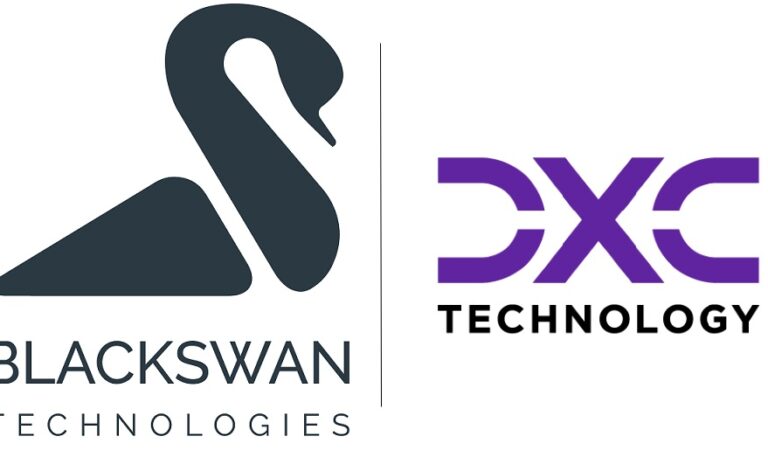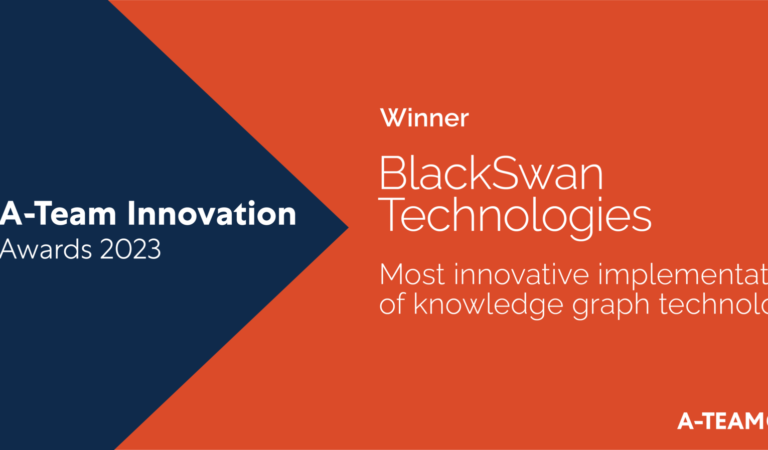
May. 25, 2021
Banking Software Market Boom Continues
By Sooraj Shah @ BlackSwan Technologies
New advances coupled with banks aiming to better comply with regulations and compete with rivals, has meant investment in banking software and AI is booming
It has been a decade since co-founder of venture capital firm Andreessen Horowitz, Marc Andreessen famously said “software is eating the world.” He emphasised, back in 2011, that the technology to transform industries through software was finally available, and being delivered at a global scale.
In the prevailing years, he was proven right; the banking industry in particular – which in the past had been labelled as slow-moving, risk-averse and too complex to digitally transform – has made huge strides as a result of pervasive software. Some firms, such as Standard Chartered Bank, are even taking a cloud-first approach to financial services – and updating systems to cloud-compatible or cloud-native alternatives to ensure the business can run services in an scalable and seamless fashion.
It’s no wonder that the global core banking software market size is projected to reach $34.48 billion by 2028, exhibiting a CAGR of 18% during the forecast period, according to a Fortune Business Insights report titled Core Banking Software Market, 2021-2028. The report suggested that the value of the market stood at $9.4bn in 2020.
Meanwhile, the cloud-first approach exhibited by Standard Chartered Bank, and the increase in reliance on an underlying cloud computing infrastructure will see the global cloud computing market size reach $791.48 billion by 2028 across all industries, with a CAGR of 17.9% during the forecast period, according to another report by Fortune Business Insights.
So what does this mean? Core banking software and the underlying cloud infrastructure that enables this software to work are mission-critical investments that banks are making now as they undergo digital transformation.
Enter: Artificial Intelligence
The technology industry does not stand still, and since Andreessen’s words all those years ago, there has been one key factor which has changed the software landscape: artificial intelligence.
Since 2011, there has been an increase in computing power and training data for AI algorithms, while previous technology bottlenecks around accuracy have been overcome and the costs for cloud storage and computing are more affordable. This has led to the likes of cognitive computing, natural language processing, machine learning and knowledge graphs all being embedded into software, making it even more powerful than what came before. McKinsey estimates that AI technologies could potentially deliver up to $1 trillion of additional value each year
The developments in AI in particular, are having an impact in different areas of the financial services sector. For instance, one of the huge current challenges for firms is in tackling fraud. Fraud is estimated to cost the financial industry $80 billion a year. But the developments in AI mean that banks are able to better investigate, detect, mitigate and prevent fraudulent transactions.
The rising risk of financial crimes and fraudulent transactions, arising from factors such as the vulnerabilities inherent to digitisation and automation, is compelling financial institutions to employ technologies such as machine learning for identifying suspicious transactions on a real-time basis
A report by Grand View Research
“As a result, various companies are making efforts to deploy machine learning capabilities in anti money laundering solutions,” Grand View Research added. It estimates that as a result of these technological developments, the anti-money laundering (AML) market is expected to reach $3.19 billion by 2028.
This is just one example of how software with AI capabilities is making an impact in banking; with the capabilities also helping firms to improve their overall compliance with advanced methods used for KYC, transaction monitoring and screening.
AI is proving to be beneficial for banks
BlackSwan Technologies’ flagship product ELEMENT™ is trusted by the world’s leading banks, including one of them projecting $50m in annual economic benefit with full implementation. ELEMENT is an AI Operating System for the enterprise, which combines robust leading-edge capabilities in artificial intelligence, cognitive computing and big data. It enables organisations to automatically infer insights, strengthen team decision-making abilities and enhance operational efficiencies. ELEMENT is based on vendor-independent infrastructure, allowing for the integration and parallel operation of existing data and technology assets. It is a cloud-agnostic solution, engineered to deliver the fastest time to market, military-grade security, and unlimited scalability, with low cost of ownership and minimal CAPEX.
ELEMENT™ of Compliance is one of the many applications available off-the-shelf. It is a customised version of ELEMENT and is extensively used by financial institutions to accelerate and innovate how they prevent, detect, and investigate fraudulent activity and money laundering. It is implemented as a complete end-to-end compliance system or augments the organisation’s existing platforms to tackle the latest and most difficult fraud schemes using cognitive computing.
Other ELEMENT applications available off the shelf include Market Intelligence, Marketing/Personalisation, Risk, E-Discovery and Insurance. Go to BlackSwan Technologies website to Read more.
Sooraj Shah is a Content Director at BlackSwan Technologies. He has a decade of experience in writing business technology content for global publishers and technology vendors, specializing in Digital Transformation and CIO priorities.



